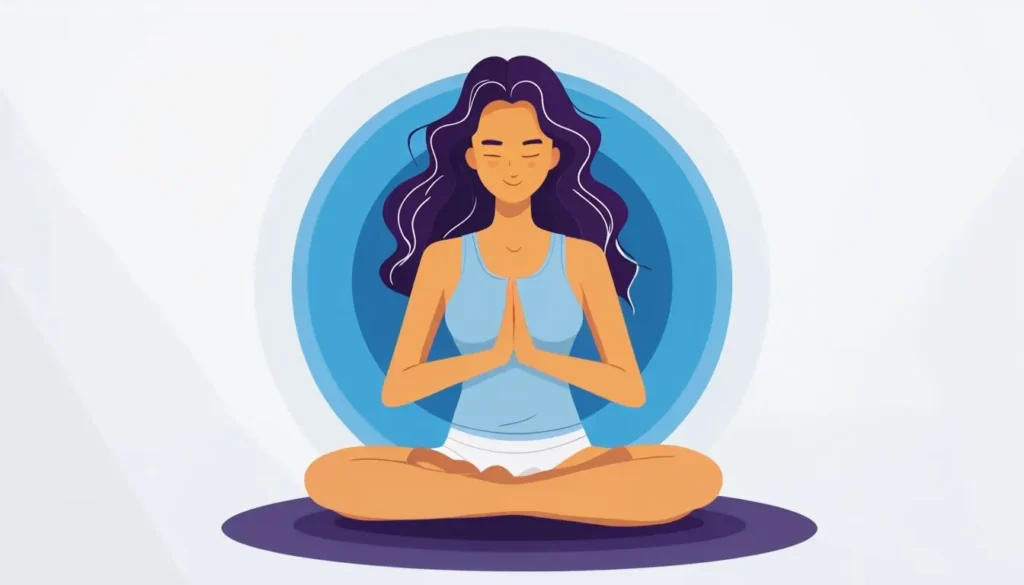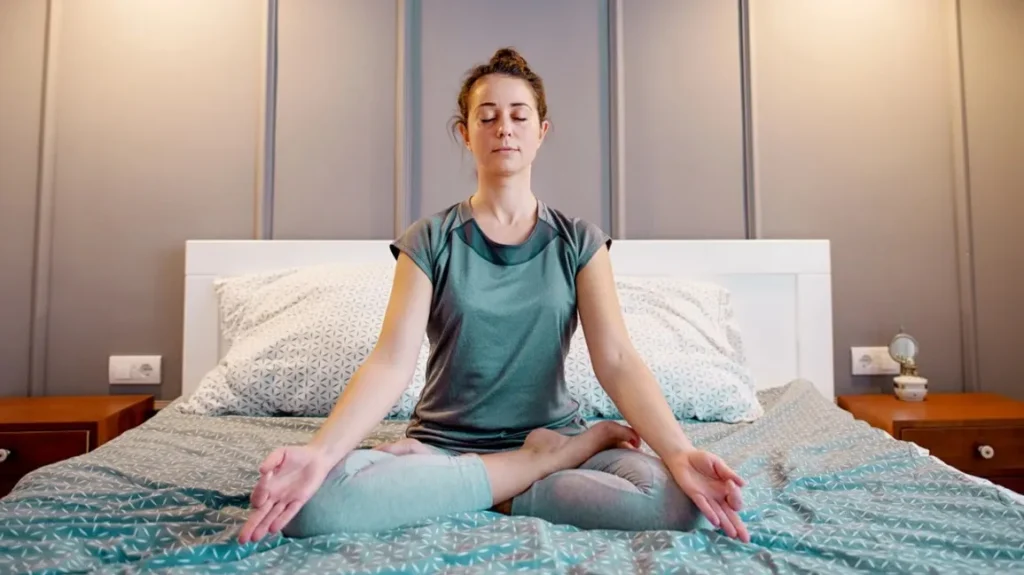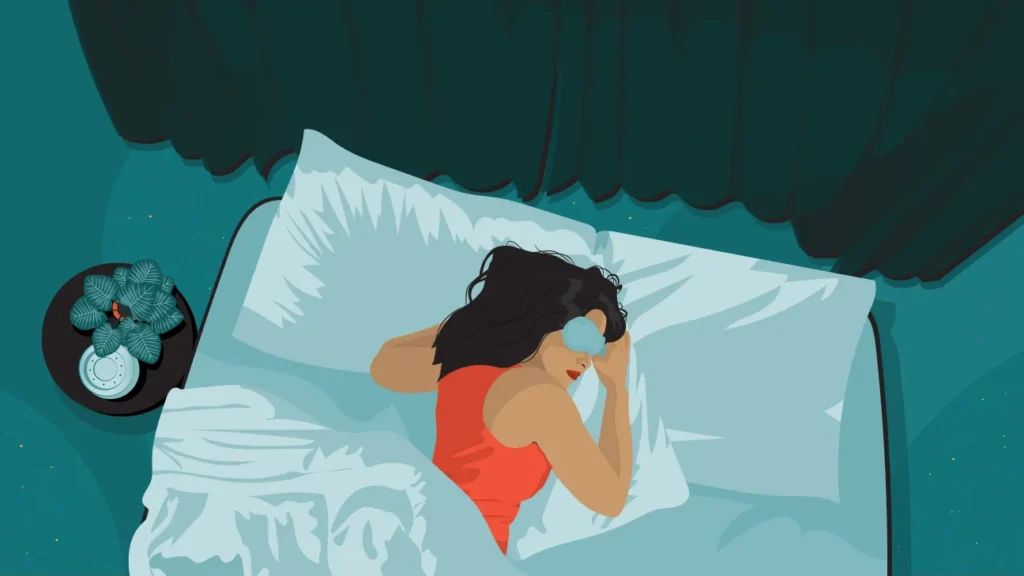
Introduction
We’ve all been there – lying in bed, watching the minutes turn into hours as sleep seems just out of reach. Insomnia can disrupt more than just your night; it can seep into your daily life, affecting your mood, energy, and health. However, you don’t need to resort to medication or complex solutions to find rest. Simple, accessible relaxation tips can be your ticket to dreamland. Here are eight practical tips designed to help you combat insomnia and embrace a night of rejuvenating sleep.
8 Easy Relaxation Tips
1. Create a Soothing Bedtime Ritual

Credit: www.healthline.com
Why It Works:A consistent routine tells your body that it’s time to wind down, syncing your internal clock and preparing your mind for rest.
How to Do It:
- Set a Regular Bedtime: Aim to go to bed at the same time nightly to help regulate your sleep patterns.
- Choose Calming Activities: Engage in relaxing activities like reading a light book or listening to soft music. For example, the Kindle Paperwhite can be a great companion for bedtime reading without the harmful blue light.
- Avoid Screens: Blue light from devices can hinder melatonin production. Instead, try some gentle yoga or meditation. If you must use a screen, consider using blue light blocking glasses.
2. Master the Art of Deep Breathing

Credit: neurosciencenews.com
Why It Works:Deep, rhythmic breathing can lower your heart rate and reduce stress, creating an ideal state for sleep.
How to Do It:
- The 4-7-8 Technique: Inhale through your nose for 4 seconds, hold your breath for 7 seconds, and exhale through your mouth for 8 seconds. Repeat this cycle four times. It’s like a natural tranquilizer for your nervous system.
3. Practice Progressive Muscle Relaxation

Why It Works:This method helps release physical tension, which often keeps us awake.
How to Do It:
- Begin with Your Toes: Tense each muscle group for a few seconds, then relax them completely. Work your way up from your toes to your face.
- Visualize Tension Leaving: Imagine the stress melting away like ice under the sun as you relax each part.
4. Visualize Your Peaceful Place

Credit: www.drjennifermcmanus.com
Why It Works:Guided imagery can distract from daily stressors, providing a mental escape to tranquility.
How to Do It:
- Imagine Your Sanctuary: Whether it’s a quiet forest or a serene beach, picture every detail vividly.
- Engage All Your Senses: Feel the texture, hear the sounds, smell the environment. This can be as effective as a real vacation for relaxation.
5. Embrace Aromatherapy

Credit: www.freepik.com
Why It Works:Certain scents can signal your brain to relax, preparing you for sleep.
How to Do It:
- Lavender Magic: Using a few drops of Lavender Essential Oil on your pillow or in a diffuser like the InnoGear Essential Oil Diffuser can create a calming atmosphere.
- Experiment with Scents: Explore oils like chamomile or ylang-ylang for their soothing effects.
6. Optimize Your Bedroom for Sleep

Credit: www.healthline.com
Why It Works:A conducive sleep environment can significantly enhance your sleep quality.
How to Do It:
- Cool Room: The ideal sleep temperature is around 65-68°F (18-20°C).
- Darkness: Blackout Curtains or a sleep mask can block out light effectively.
- Quiet: If noise is an issue, a white noise machine can help mask disruptive sounds.
7. Engage in Mindful Meditation

Why It Works:Meditation helps in quieting the mind, reducing the mental noise that keeps you awake.
How to Do It:
- Breath Focus: Simply sit or lie down and observe your breath. No need to change it, just watch it.
- Gratitude Meditation: Reflect on three things you are thankful for from the day. This can shift your focus from stress to positivity.
8. Write Down Your Worries

Credit: www.healthline.com
Why It Works:Getting concerns out of your head and onto paper can prevent them from keeping you awake.
How to Do It:
- Worry Journal: Keep a notebook by your bed to jot down what’s on your mind before sleep.
- Plan Ahead: Write a to-do list for the next day if your mind is racing with tasks. This can give you peace of mind, knowing everything is set for tomorrow.
Conclusion
Insomnia doesn’t have to control your nights. By weaving these eight simple strategies into your nightly routine, you can transform your sleep habits for the better. Whether it’s through the calming scent of lavender or the peace of mind from journaling, each technique is a step towards a restful night. Remember, what works can vary from person to person, so give yourself the freedom to experiment. With patience and persistence, these tips can lead you to more restful nights, enhancing your overall well-being and energy levels. Here’s to reclaiming your nights and enjoying days filled with vitality!















